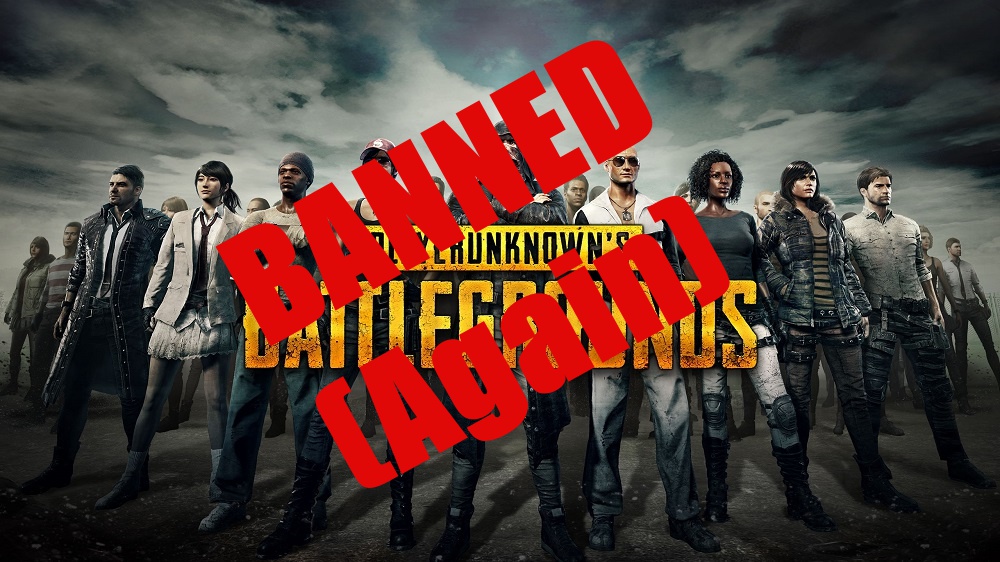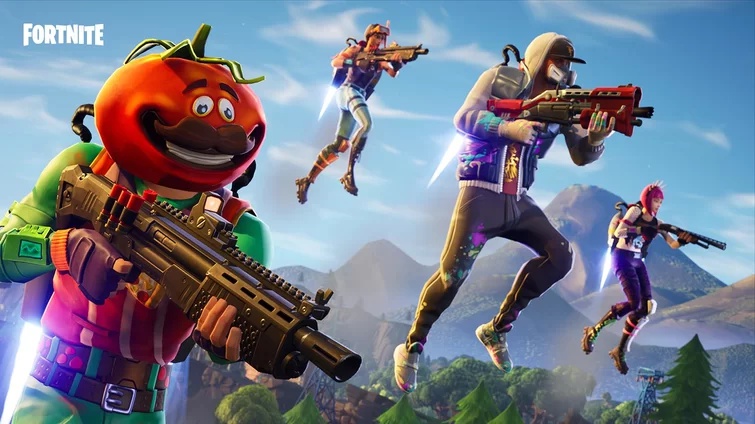Iraq is the latest country to make headlines for banning PlayerUnknown’s Battlegrounds (PUBG). The country banned the battle royale alongside Epic Games’ Fortnite.
According to the original Reuters report regarding the ban, the Iraq parliament issued the prohibition while citing reasons similar to those of a Kathmandu Court’s recent decision to ban PUBG in Nepal. Other games were mentioned as falling under the ban, though they were not named in the report.
The official resolution from the Iraq parliament stated the ban is:
[…]due to the negative effects caused by some electronic games on the health, culture, and security of Iraqi society, including societal and moral threats to children and youth.
The resolution regarding PUBG and Fortnite means that internet providers cannot stream the games and are prevented from making transactions related to the games as well.
According to the Reuters report, the Iraq parliament did not provide references to psychologists, specific cases of unrest or violence, or reports from local authorities.
The ban on PUBG and Fortnite is the new parliament‘s second piece of legislation, the first being a budget from January. One of the main voices calling for the ban was Shi’ite cleric Muqtada al-Sadr.
The reasons why PUBG and, now, Fortnite are banned vary depending on which country institutes the ban, but they ultimately boil down to the same thing: causing violence in impressionable youth.
It’s difficult to know whether a non-battle royale game would cause quite the same effects, though. For example, when China contemplated banning PUBG in 2017, the issue was violence, but it was because the violence promoted individual conflict and not working together. Tencent’s team-based shooter game was acceptable since it promoted cooperation, regardless of violence.
al-Sadr issued a statement with similar sentiments as well, telling youth:
What will you gain if you killed one or two people in PUBG? It is not a game for intelligence or a military game that provides you with the correct way to fight
All of this is just the latest round in the ongoing global debate over whether violence in video games affects young people.
Studies on both sides have support for their respective arguments, of course, and it doesn’t seem likely this discussion will quiet down any time soon — especially if more countries follow suit and implement their own bans.








Published: Apr 19, 2019 11:48 am